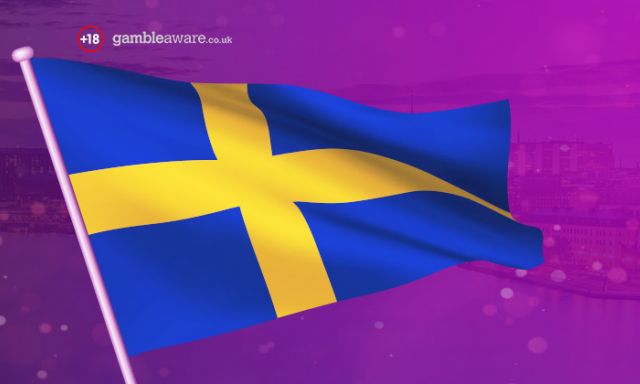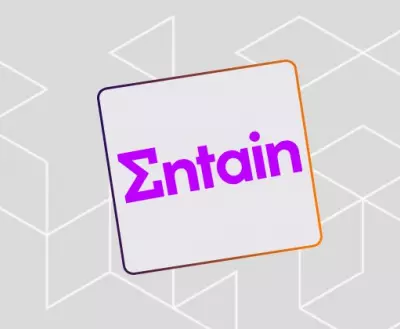Punters in the UK take iGaming licensing for granted. Yet in reality, there are a number of countries, including within the EU, that are still formulating their legislative approach to legal online gambling. Sweden is one such country, and if you’ve been following developments there, you’ll know that the country has been progressing with a new scheme designed to do just that.
In a world where consumers are easily able to gamble online, either legally in accordance with local laws, or illegally through offshore-based online casinos, lawmakers are increasingly realising the value in bringing gambling regulation into the mainstream.
In Sweden, there has been another dimension to this issue – the EU, with Swedish legislators, ever characteristically proactive, referring their own legislation to the EU for a compliance check. In the absence of a negative response, the Swedish government have now committed to push ahead with their licensing plans – but now, they want to take more time to do it.
New elements of the legislation have been added, including laws tackling responsible gambling, licensing supervision and licensing fees. These have now been referred back to the European Commission for approval, which has pushed back their initial plans for launch to the beginning of August.
The fees for licensing will be set at the equivalent of $47,800 for gambling, or $83,000 for gambling and betting combined, or SEK 700,000. On the current timeline, the regulations won’t actually apply until January 2019, so operators will have the period between August this year and January to get their licensing applications processed and complete, in time for launch in early 2019.
The regulations also set out provisions for a range of different types of gambling games, as well as setting up the future direction of an anticipated future wave of iGaming regulation. Slot machines, bingo, table and card games, dice games and roulette are all approved under the plans, and sports betting will also be permitted, except for in the case of Swedish trotting, and cantering racing.
The regulators will have the power to create new rules and policies to tackle match-fixing and other potential abuses of the gambling markets, while also having serious clout in ensuring license holders meet their end of the bargain.
Under EC guidelines, countries referring their laws for approval have a timeframe during which their proposals can be considered for any breaches of European law. A lack of response during this time can be lawfully deemed an approval, and this was the course of events that led to the approval of their initial proposals.
Now, with the clock ticking until August, EC lawmakers have just a few more months to flag any compatibility issues or concerns. It is considered unlikely that having approved the first draft, EC regulators will object to the new, enhanced model, and most analysts anticipate the extended regulations will be approved by acquiescence as before.
The net result is that the Swedish iGaming licensing system looks set to finally come on stream over the coming twelve months, creating a new frontier for the iGaming industry to offer legal, licensed gambling within a European market – great news for operators, as well as Swedish consumers.








